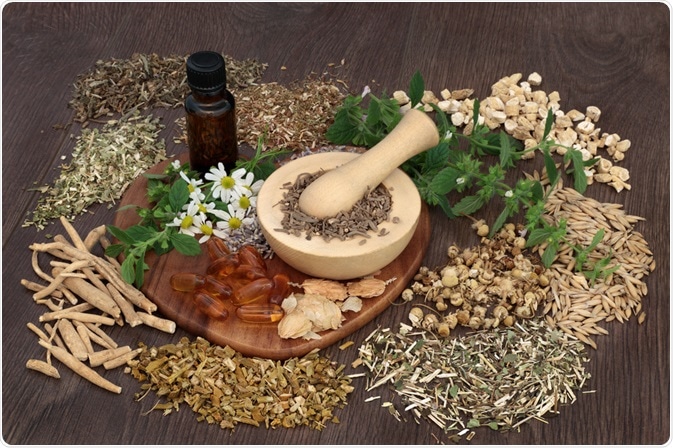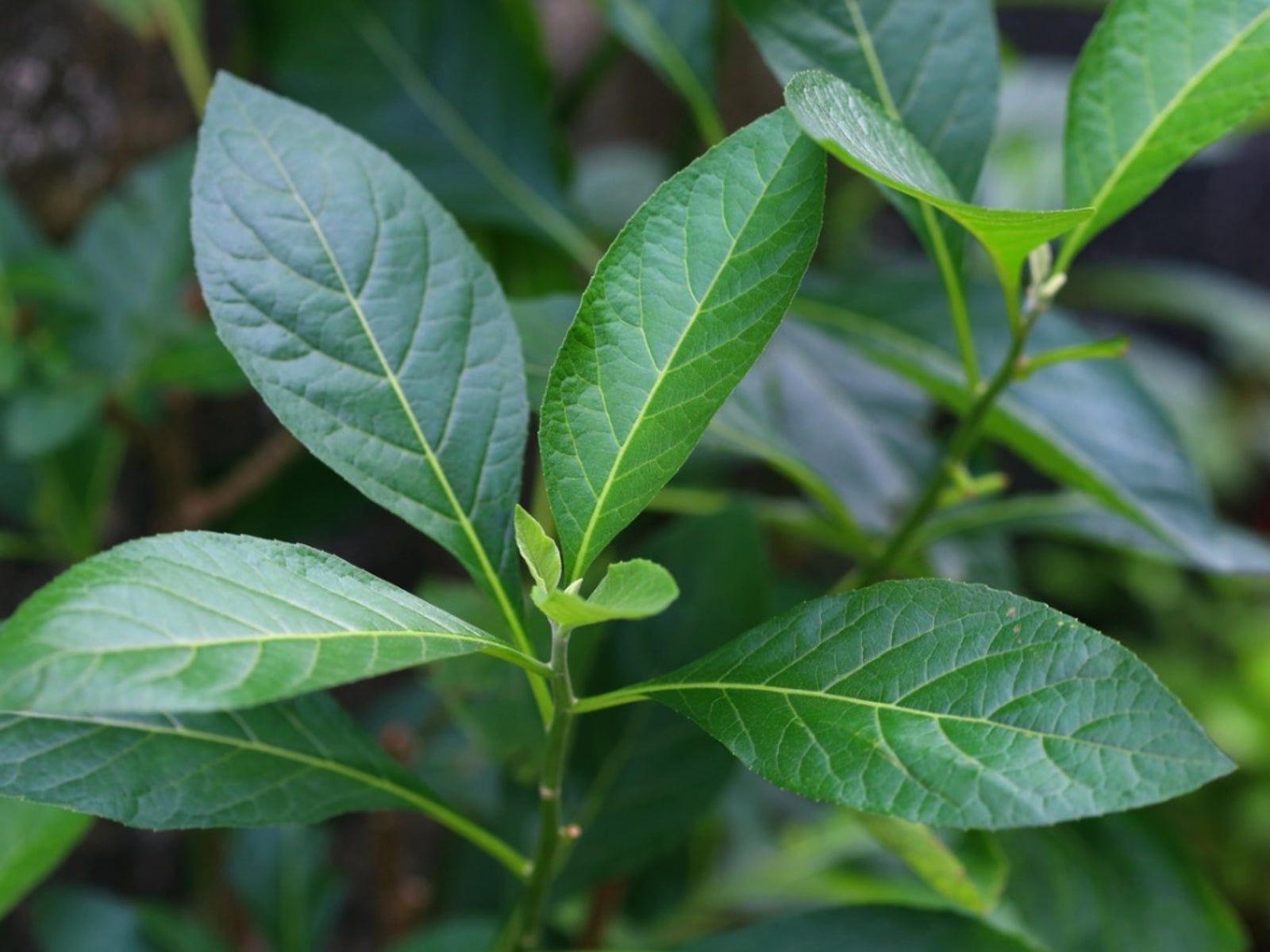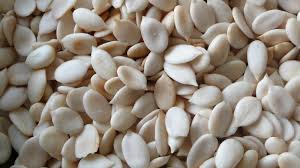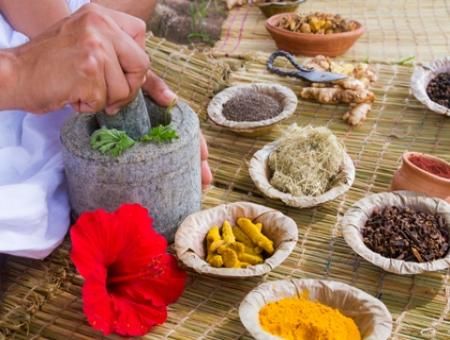Traditional herbal medicine remains a trusted and widely used health practice in Ghana. Rooted in generations of knowledge, it offers affordable, accessible, and culturally accepted remedies. However, while herbal medicine can be powerful and effective, safe and informed use is essential to ensure positive outcomes.
This guide outlines best practices for the proper use of traditional herbal medicine in Ghana—balancing tradition with safety.
🌱 Why Traditional Herbal Medicine Is Still Relevant
In many Ghanaian homes and communities, herbal medicine is the first line of defense against illness. It's used to manage common health conditions such as:
-
Malaria and typhoid
-
Stomach ulcers and indigestion
-
High blood pressure and diabetes
-
Coughs, asthma, and flu
-
Skin rashes and wounds
-
Fertility and menstrual issues
Yet, proper preparation, dosage, and usage are crucial to avoid adverse effects or interactions with other medications.
✅ Guidelines for the Proper Use of Herbal Medicines
1. 👩🏽⚕️ Consult a Trained Herbal Practitioner
-
Avoid self-medicating based on hearsay.
-
Visit licensed or registered herbalists who have training or certification under Ghana’s Traditional Medicine Practice Council (TMPC).
-
Ask questions about ingredients, preparation methods, and expected outcomes.
2. 🧪 Use FDA-Approved Herbal Products
-
Only use herbal products that are registered and approved by Ghana’s Food and Drugs Authority (FDA).
-
Look for products with proper labeling, including:
-
Ingredients
-
Dosage instructions
-
Expiry date
-
FDA registration number
-
3. ⚖️ Follow the Right Dosage
-
Herbal remedies are not automatically “safe” just because they are natural.
-
Overuse or high dosages of certain herbs (e.g., neem, aloe vera, or bitter leaf) may lead to liver or kidney complications.
-
Stick to prescribed doses, and avoid combining multiple herbal products unless advised.
4. 🚫 Don’t Mix with Prescription Drugs Without Advice
-
Some herbs can interact dangerously with conventional medicines.
-
For example, garlic and ginger may affect blood clotting.
-
St. John’s Wort can interfere with blood pressure or mental health drugs.
-
-
Always inform your doctor or pharmacist about any herbal products you’re using.
5. 🍵 Ensure Proper Preparation
-
Wash herbs thoroughly before boiling or crushing.
-
Avoid using rusted or aluminum pots, which can contaminate preparations.
-
Do not store herbal concoctions for too long; many are meant for short-term use and may ferment or spoil.
6. 👶🏾 Use With Caution in Children and Pregnant Women
-
Babies, pregnant women, and breastfeeding mothers should avoid herbal remedies unless recommended by a health professional.
-
Some herbs may trigger uterine contractions or be too harsh for infants’ digestive systems.
7. 📝 Keep Records of What You Use
-
If possible, record:
-
The name of the herb used
-
Source (where you bought or harvested it)
-
Reason for use
-
Side effects experienced
-
This can be useful for health consultations or in case of an emergency.
🏥 Herbal Medicine in Ghana’s Health System
-
Ghana is one of the few African countries integrating traditional medicine into the formal health system.
-
Herbal clinics now operate in some major hospitals (e.g., Korle-Bu, Komfo Anokye).
-
The Centre for Plant Medicine Research (CPMR) in Mampong scientifically studies and improves traditional herbal remedies.
🛑 Common Mistakes to Avoid
-
❌ Using one herbal remedy to treat multiple unrelated illnesses
-
❌ Believing “more is better” when it comes to herbal dosage
-
❌ Relying solely on herbal treatments for serious or chronic conditions
-
❌ Using herbs from unknown or unregulated sources
🧭 Final Thoughts
Traditional herbal medicine in Ghana is powerful and culturally significant. But like all medicine, it must be used responsibly. Education, regulation, and awareness are key to ensuring these remedies heal—without harm.
Whether you use herbal bitters, herbal soaps, or plant-based remedies, consult, confirm, and consume wisely.





Comments (0)
Leave a Comment
No comments yet. Be the first to share your thoughts!